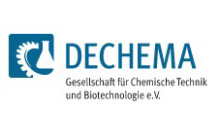IOCB / Industrial organic chemistry and biotechnology
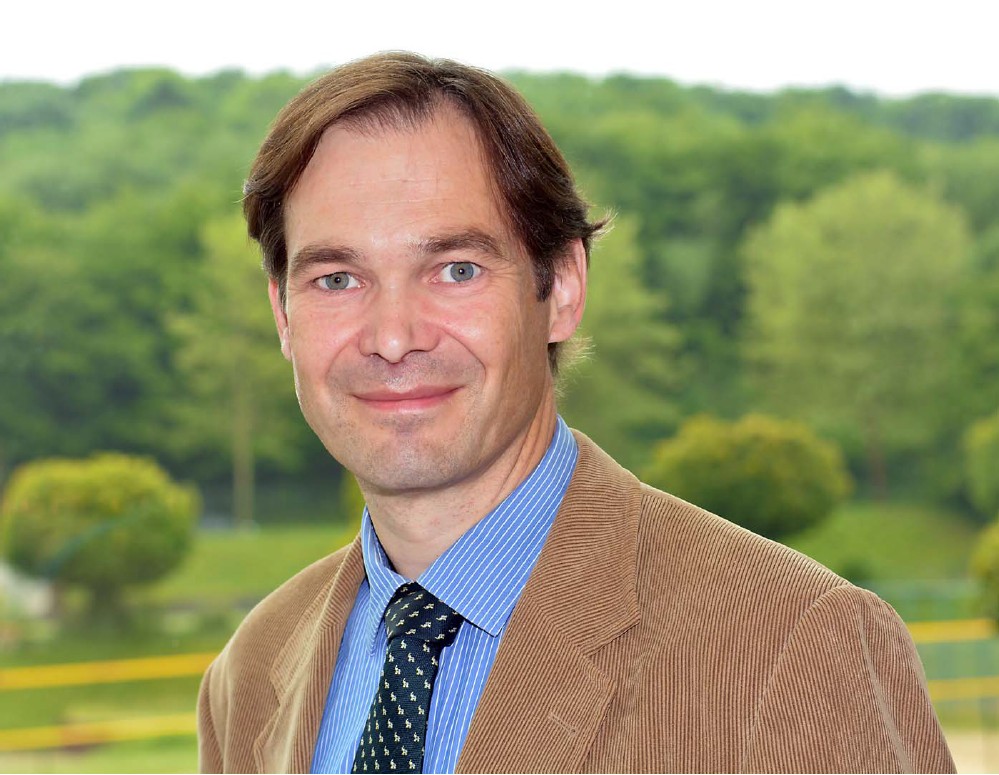
The CeBiTec-member Prof. Dr. Harald Gröger from the Chair of Industrial Organic Chemistry and Biotechnology has been awarded a Visiting Professorship at Osaka University, which will consist of two planned stays in Osaka during September/October 2022 and March 2023. A particular focus of this visiting professorship is the intensification of the research collaborations with various colleagues from Osaka University. Among research collaborations with colleagues from Osaka University are the longstanding collaborations with the researc group of Professor Dr. Hiroaki Sasai on vanadium catalysis as well as with the research group of Professor Dr. Shuji Akai on chemoenzymatic synthesis. In this joint collaboration with the group of Prof. Akai, recently the first example of a dynamic kinetic resolution of a tertiary alcohol has been successfully demonstrated. Link to article in CeBiTec Quarterly
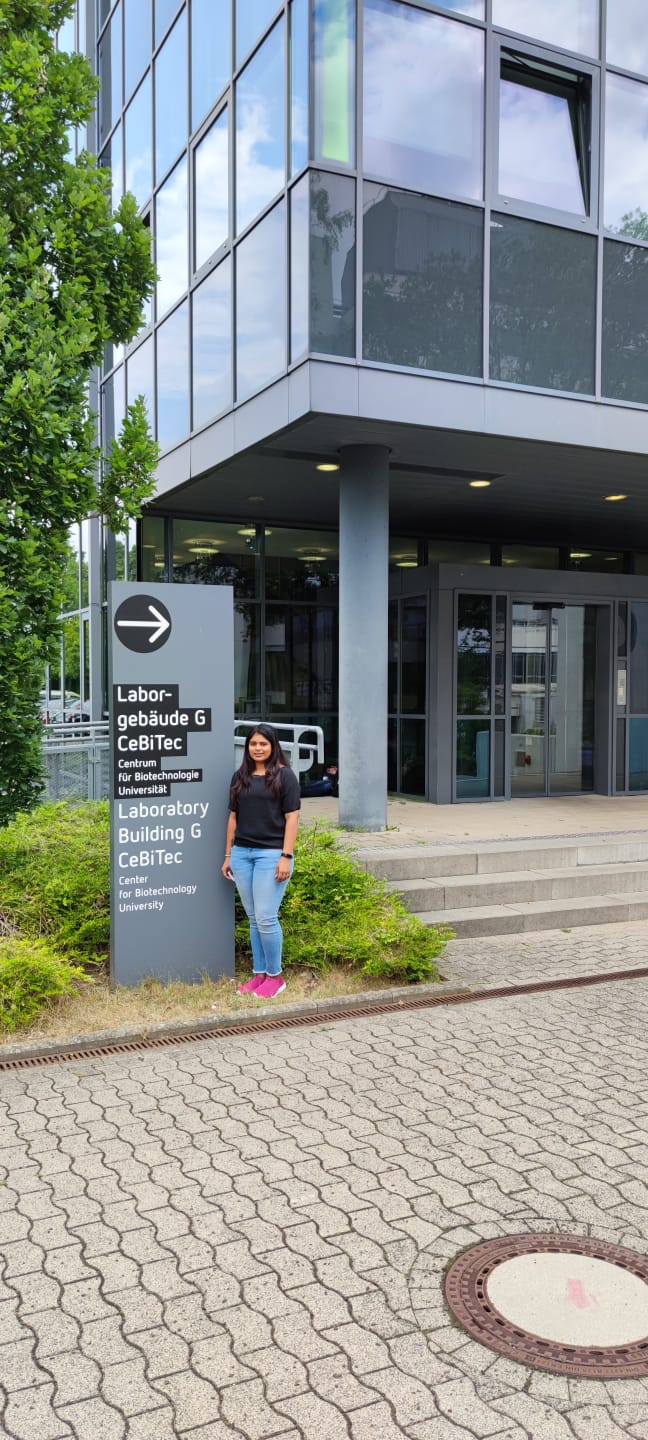
Enantiomerically pure α-amino acids play an important role in today’s pharmaceutical industry since these compounds serve as valuable chiral key building blocks for the synthesis of modern active pharmaceutical ingredients. Many of them are already produced by means of biocatalysis. However, the access to more complex, non-proteinogenic β-hydroxy substituted α-amino acids bearing two stereogenic centers, which are of interest for production of a range of pharmaceuticals such as antibiotics, still represents a challenge and a biocatalytic approach to those molecules on large industrial scale has not been realized yet. This “white spot” on the “map of enzymatically produced amino acids” is now to be targeted jointly by the Institute of Technical Biocatalysis (ITB) at Hamburg University of Technology being headed by Professor Dr. Andreas Liese and the Chair of Industrial Organic Chemistry and Biotechnology (IOCB) at Bielefeld University headed by Prof. Dr. Harald Gröger as CeBiTec member in a research project funded by the German Research Foundation (DFG). The two research groups are collaborating intensively since more than a decade on various research topics in the field of biocatalysis and sustainable organic synthesis. From Bielefeld University side, the lab research will be conducted by Ms. Logia Jolly who very recently started her doctoral thesis work at the IOCB group. In this interdisciplinary tandem project of ITB and IOCB combining expertises of bioprocess engineering and organic synthesis with enzymes, the aim is to develop a deep basic scientific understanding for efficient stereoselective synthetic processes using L-threonine aldolases as catalysts as well as the development of a process technology with these types of enzymes, thus laying the ground for production of pharmaceutically relevant β-hydroxy α-amino acids with this enzyme class on technical scale in the future. What makes this biocatalytic approach attractive from a conceptual perspective is the direct generation of two stereogenic centers in one step within an aldol reaction without protecting groups and by using readily available and commercially attractive chemicals such as an aldehyde and glycine as starting materials. One of the scientific challenges in this research project is to achieve high diastereoselectivity in combination with high productivity. Link to article in CeBiTec Quarterly
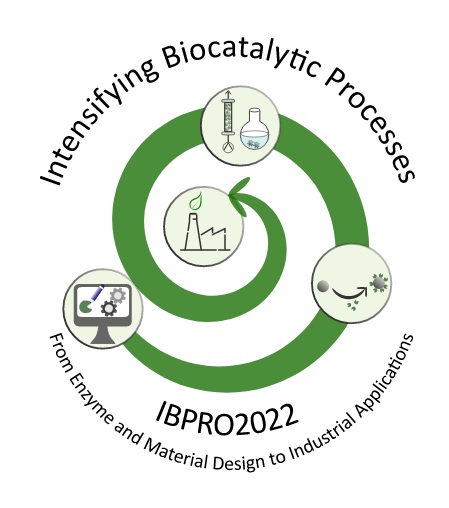
From March 28-30, 2022, the 11th international CeBiTec Conference being entitled “Intensifying Biocatalytic Processes – From Enzyme and Material Design to Industrial Applications” (IBPRO2022) took place as a “hybrid event” at the ZiF building. This conference was jointly organized by the EU-Project (H2020-MSCA-ITN) “INTERfaces” (in which the CeBiTec is also involved with a research project) with Prof. Dr. Selin Kara (Aarhus University) as a coordinator and the research group “Industrial Organic Chemistry and Biotechnology” as a member of the CeBiTec. We were happy to welcome about 60 participants in presence and further ca. 45 participants who joined the conference in the online mode. The program of IBPRO2022 consisted of four sessions in the areas of “Enzyme discovery and design for industrial applications”, “Heterogenization of biocatalysts with tailor-made materials”, “Intensification of heterogenized bioprocesses: Multicatalytic cascades and flow biocatalysis” and “Out-of-the-box methods: Future trends in biocatalysis”. The presented contributions comprised lectures from 8 invited speakers coming from both academia and industry as well as in total 14 oral presentations. Furthermore, the lectures were complemented by a poster pitch session, online-poster sessions, a lecture by Dr. Ruben Ragg (editor-in-chief of ChemBioChem) about changes in the publication landscape and two “round table”-discussions addressing career opportunities in biocatalysis as well as an “outlook” for the future development of biocatalysis. All these contributions gave exciting insights into various areas of biocatalysis, material sciences and bioprocess development, respectively, and also clearly revealed perspectives for novel processes and products through combination of these research areas. In the following, a brief summary about the invited lectures is given: Prof. Rebecca Buller (Zurich University of Applied Sciences) illustrated the power of protein engineering by means of the development of engineered Fe(II)/α-ketoglutarate-dependent enzymes. Dr. Erika Tassano (Novartis) took us on a “journey” on the unexpected finding of a new and unprecedented biosynthetic oxidation mechanism within an enzyme screening project. Exemplified for the transaminase-catalyzed synthesis of chiral amines, Dr. Jan von Langermann (University of Rostock) demonstrated how tailor-made crystallization techniques can lead to efficient in situ-product removal, thus shifting equilibria towards the desired product side. The scope of immobilization in industrial biocatalysis was shown by Dr. Alessandra Basso (Purolite) by sharing with us numerous examples of applications on technical scale. The great potential of integrating flow chemistry into biotechnology was described Prof. Francesca Paradisi (University of Bern) exemplified the utilization of flow chemistry for multi-step enzymatic cascades. Dr. Alba Diaz-Rodriguez (GlaxoSmithKline) gave an insight into the role of biocatalysis in the pharmaceutical industry. The importance of biocatalysis for fine chemicals was shown by Dr. Martin Schürmann (InnoSyn) for a range of examples of cofactor-dependent biocatalysts and oxidation reactions. How rational design of novel biocatalysts can benefit from mechanistic understanding including reactive intermediates was presented by Prof. Bernhard Hauer (University of Stuttgart) exemplified for the engineering of cyclases as promising enzymes for industrial biocatalysis. Besides enjoying fascinating science, we also enjoyed intensive networking, to which also the evening events, in detail the welcome party on the first conference day and the conference dinner on the second day of IBPRO2022, contributed. Thus, we are grateful for all participants, who joined IBPRO2022 online and in presence. And, we are all looking forward to the further progress in this interdisciplinary field of merging biocatalysis with materials chemistry. Link to article in CeBiTec Quarterly
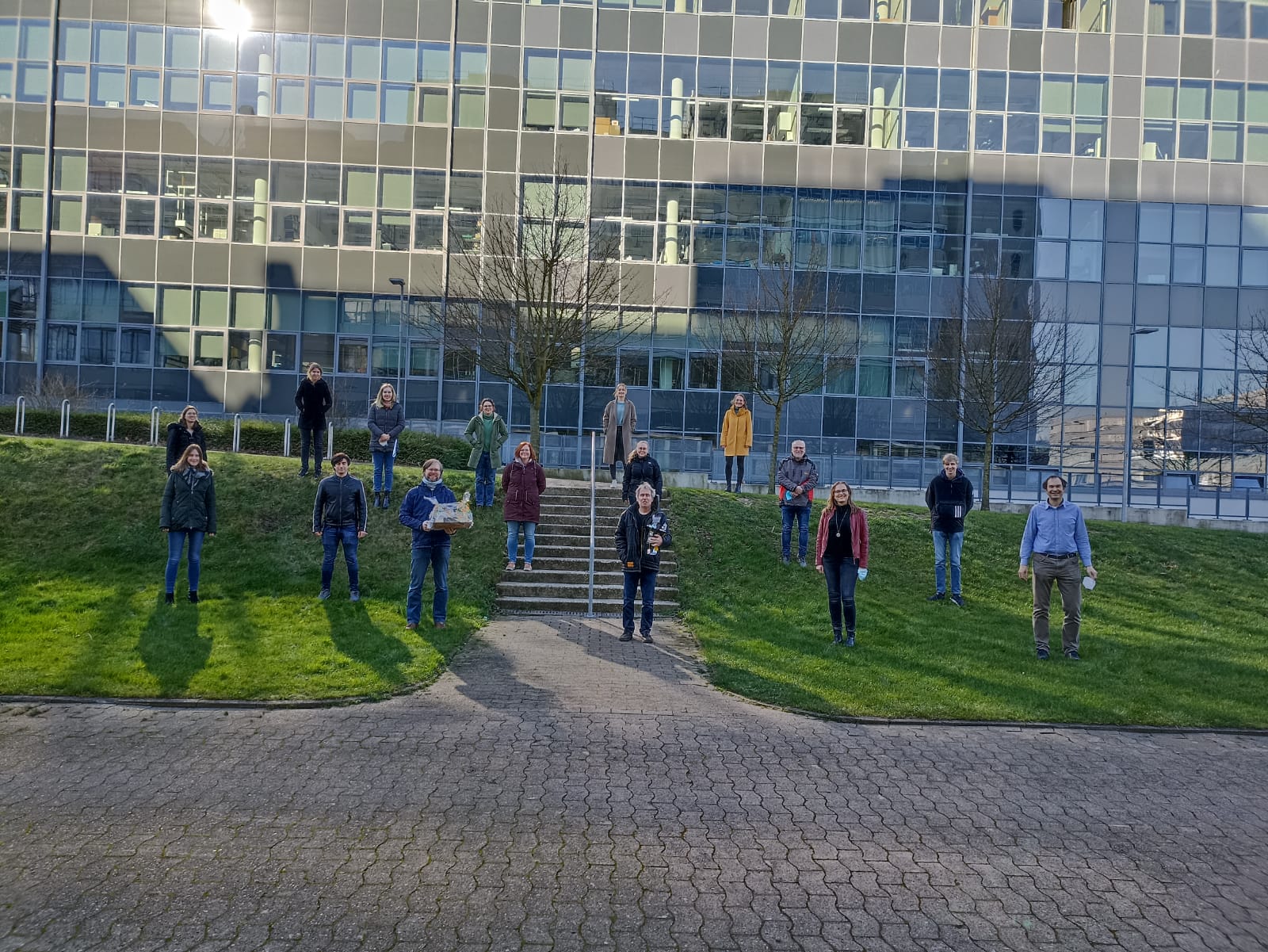
On 28th of February 2022 our colleague Heinz-Werner was released into well-deserved retirement. He was active in mass spectrometry for the faculty of chemistry as well as in the EDP and IT department of the IOCB chair. For his farewell, which had to take place online due to the current SARS-CoV2 situation, he still told the story of how he was invited for an interview at Bielefeld University more than ten years ago. He had just been on vacation on the island of Rügen and had to travel back by train to get there. We are glad that Heinz-Werner broke off his vacation at that time and that we were able to gain such a great colleague. We thank Heinz-Werner for his many years of reliable work. No problem was too big for him that he could not solve with his passion and ambition. We now let him go with one laughing and one crying eye and wish him all the best for the future.
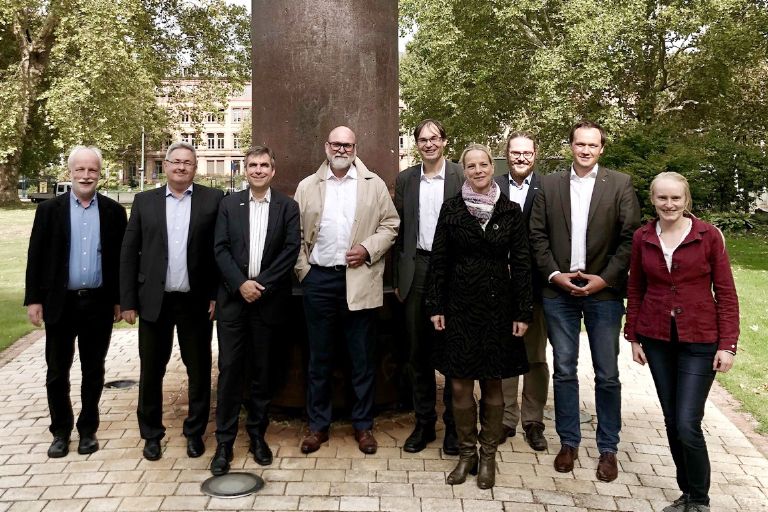
In cooperation with the research group of Prof. Dr. Andreas Liese from Hamburg University of Technology and the chemical company BASF SE, our research group has developed a novel-type of sustainable plasticizers based on renewable raw materials. Today, in total more than nine million metric tons of plasticizers are produced worldwide each year, and the product class of phthalates accounts for more than half of the manufacturing volume. At the same time, such phthalates are produced from fossil feedstocks. In addition, some of the phthalate-based plasticizers pose health risks by, for example, affecting the hormone balance in humans. These health risks led to the regulation of certain representatives of this class of substances in the EU. The new generation of plasticizers developed jointly by the project partners is derived from renewable sources such as, for example, sugar-based waste streams. Thus, this approach fulfills the principle of a circular economy. In addition, for the synthesis of the new plasticizer molecules straightforward and atom-economical reaction technologies were utilized such as, e.g., the Diels-Alder reaction. Initial application tests of the plasticizer showed promising performance data in many respects. This research project “BioPlasticizers” was financially supported by the German Federal Ministry of Education and Research (BMBF) with around 600,000 euros, and these results have now been published in the journal European Journal of Organic Chemistry, which lists this article as an outstanding study ("Very Important Paper"). Carmen Plass, Niklas Adebar, Robert Hiessl, Joscha Kleber, Axel Grimm, Angelika Langsch, Rainer Otter, Andreas Liese, Harald Gröger. Structure-Performance Guided Design of Sustainable Plasticizers from Biorenewable Feedstocks. European Journal of Organic Chemistry 2021, 45, 6086-6096; https://doi.org/10.1002/ejoc.202101014. Link to original publication From left to right: Dr. Christoph Wennemann (Projektträger Jülich), Dr. Rainer Otter (BASF), Prof. Dr. Andreas Liese (Technische Universität Hamburg), Dr. Axel Grimm (BASF), Prof. Dr. Harald Gröger (Universität Bielefeld), Dr. Angelika Lang-sch (BASF), Dr. Robert Hiessl (Technische Universität Hamburg), Dr. Joscha Kleber. Copyright: Projekt BioWeichmacher

On the 7th of September 2021 Dr. Alessa Hinzmann from our working group has been awarded with the Dissertation Prize 2020 of the Universitätsgesellschaft Bielefeld (UGBi) for her PhD thesis on "Chemoenzymatic cascade reactions towards aliphatic nitriles and amines starting from biorenewable resources" for the Faculty of Chemistry. The dissertation prizes have been awarded annually since 1983 and are sponsored by companies from the region. The prize for the Faculty of Chemistry was sponsored by STOCKMEIER Holding GmbH. Our research group congratulates Alessa most cordially on this award: Many congratulations, Alessa! Click here for the press release of the Bielefeld University on the award ceremony. Copyright: Universitätsgesellschaft Bielefeld/S. Sättele
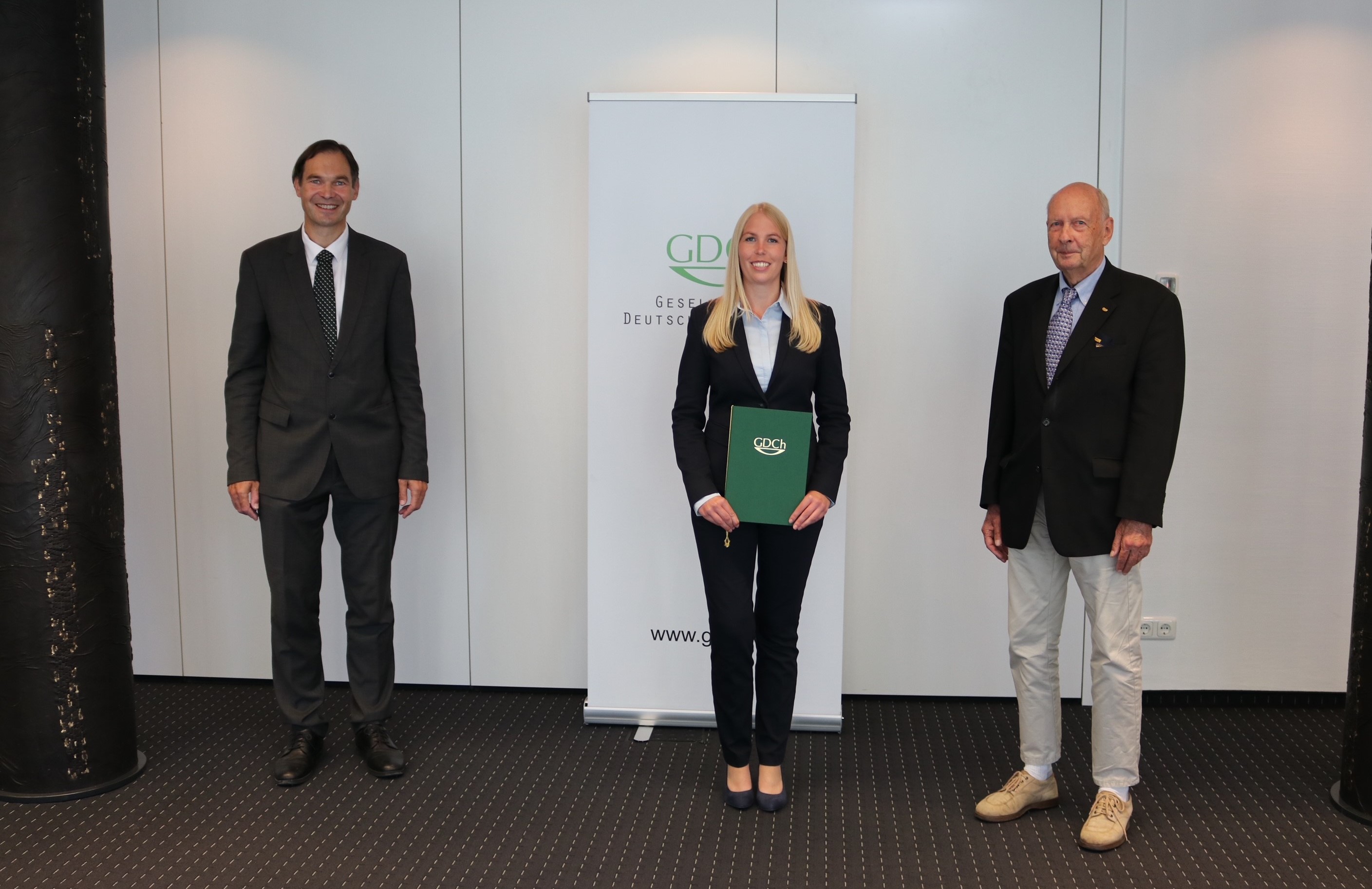
Our former doctoral student Dr. Nadine Zumbrägel, who is currently working in the research unit "Biotransformation" at Bayer AG, was awarded with the "GDCh Prize for Biocatalysis" honouring her exceptional work in the field of combination of heterocyclic chemistry and biocatalysis exemplified for the enantioselective synthesis of heterocyclic amines using imine reductases. Nadine is the first awardee of this newly established "GDCh Prize for Biocatalysis" for outstanding dissertations in the field of biocatalysis. The award ceremony has been held online today within the virtual GDCh Science Forum 2021 (GDCh-Wissenschaftsforum Chemie 2021). Our research group congratulates Nadine most cordially on this award: Many congratulations, Nadine! From Left to right: Prof. Dr. Harald Gröger, Dr. Nadine Zumbrägel, Prof. Dr. em. Manfred Schneider (who set up the GDCh Prize for Biocatalysis). Copyright: Dr. Jasmin Herr / GDCh From left to right: Prof. Dr. Uwe Bornscheuer (PhD-Supervisor of Dr. Reisky), Dr. Lukas Reisky (Award winner of the "Price for Bioconversion of Renewable Raw Materials"), Prof. Dr. Peter Schreiner (President of the GDCh), Prof. Dr. em. Manfred Schneider, Dr. Nadine Zumbrägel, Prof. Dr. Harald Gröger. Copyright: Dr. Jasmin Herr / GDCh
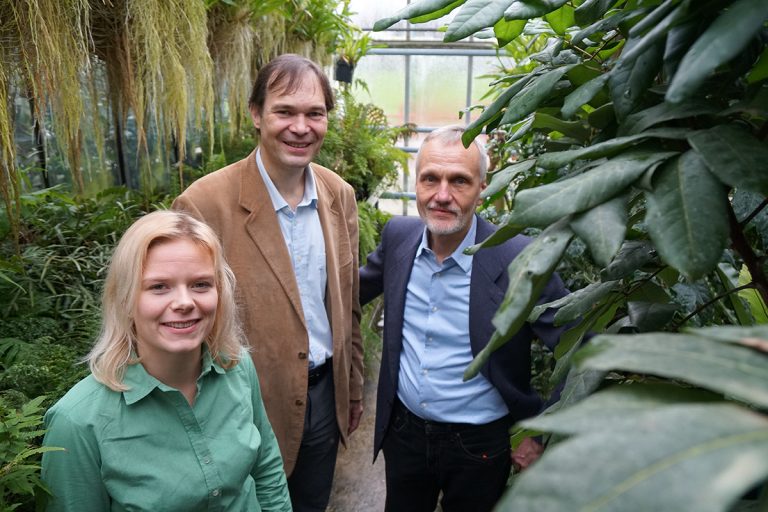
Our workgroup developed in cooperation with Prof. Karl Josef Dietz a process for the synthesis of cis-(+)-12-oxophytodienoic acid (cis ‐(+)‐12-OPDA) in a one-pot system with 99% conversion and 90% selectivity. Cis ‐(+)‐12-OPDA is a central precursor of jasmonic acid. The developed process is based on the principle from plant cells, where enzymes catalyze the synthesis of cis ‐(+)‐12-OPDA starting from simple fatty acid. During stress regulation, plants produce oxylipins such as the hormone jasmonic acid. These oxylipins are responsible for defence reactions after wounding or pathogen infestation and essential in the production of plants. In addition to the role in signal transduction in plants, jasmonic acid is a very important ingredient in the perfume industry. A current research question is whether biological precursors and derivatives of jasmonic acid lead to similar or different metabolic effects. But for detailed studies, such compounds have so far been too expensive and difficult to obtain. The new developed process could make the production of cis ‐(+)‐12‐OPDA as well as its derivatives more efficient and cost-effective. Jana Löwe, Karl-Josef Dietz, Harald Gröger: From a biosynthetic pathway toward a biocatalytic process and chemocatalytic modifications: Three-step enzymatic cascade to the plant metabolite cis-(+)-12-OPDA and metathesis-derived products. Adv. Science, https://doi.org/10.1002/advs.201902973 Link to original publication
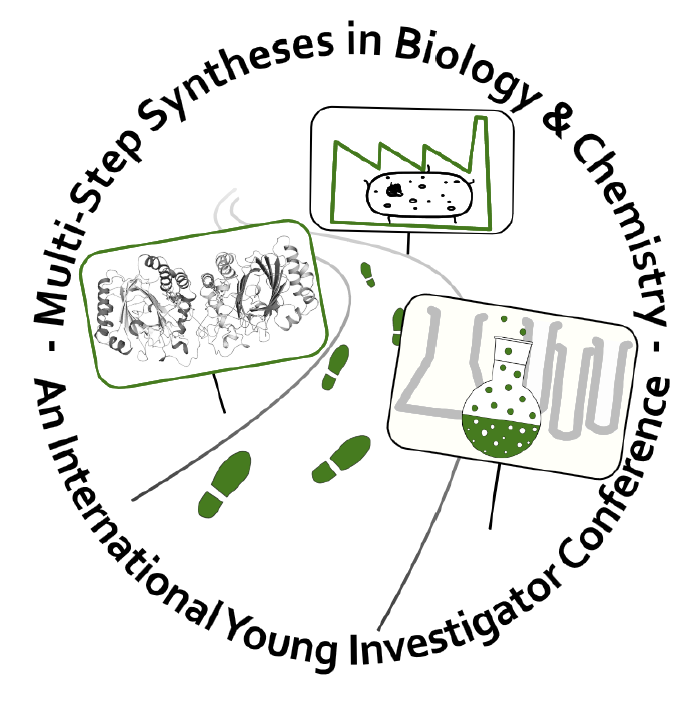
Biocatalysis is one of the key technologies, that will shape not only the industrial landscape, but also our daily lives in the future.
This interdisciplinary field of research, which combines biology and chemistry, opens great perspectives for basic research as well as industrial applications.
This was part of the occasion of the 13th International CeBiTec Symposium “Multi-Step Syntheses in Biology & Chemistry - An International Young Investigator Conference” that was held at Bielefeld University on December 2019.
Head speakers have been Prof. Shuji Akai from the Osaka University in Japan, Dr. Daniel Fitzpatrick from the University of Cambridge, Prof. Julia Frunzke from the Research center Jülich and Dr. Matthias Höhne from the University of Greifswald.
Fields of tailor-made bio-catalyst design and applications thereof, combination of biocatalysis and chemocatalysis and synthetic biology towards multi-step syntheses from both, an academic and industrial perspective, were part of this symposium. In addition, emerging recent trends mostly done so far out of the area of biocatalysis, which, however, are expected to have a strong impact on biocatalysis in the future will be addressed such as, for example, flow-chemistry, machine learning self-automatization. A further focus of this symposium were contributions of young researchers to present their research achievements and latest results in the plenum as well as lectures and poster presentations. They had the opportunity to present their work and to discuss on the future prospects of biocatalysis in order to promote the networking of the next generation of biocatalysis researchers.
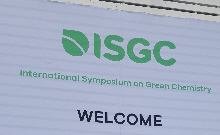
Two PhD students of our group, namely Michael Stricker and Alessa Hinzmann, attended the International Conference on Green Chemistry 2019 (ISGC) in La Rochelle, France. Alessa Hinzmann had the opportunity to give an oral presentation on TEMPO-oxidation in alternative solvent, while Michael Stricker presented a poster on TEMPO-oxidation of primary diols. The ISGC is one of the biggest conferences within Green Chemistry and covers all topics of Sustainable Chemistry in industry and academia. Overall around 600 participants were present, 300 talks and 200 posters were presented.
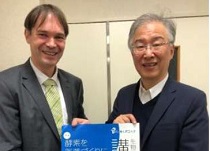
Prof. Dr. Harald Gröger was kindly invited to give the "Annual Lecture of the Biotechnology Research Center" for the year 2018 at Toyama Prefectural University. This lecture was held on Friday, December 14, 2018, and the photo attached shows Prof. Dr. Yasuhisa Asano, Director in the Biotechnology Research Center of Toyama Prefectural University, and Prof. Dr. Harald Gröger with the lecture announcement. "This invitation represents a great honor, for which I am very grateful as well as for the kind hospitality during my stay in Toyama", says Prof. Dr. Harald Gröger on the occasion of this annual lecture presentation.
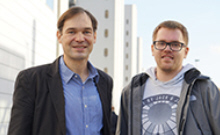
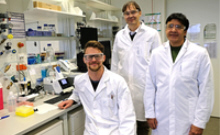
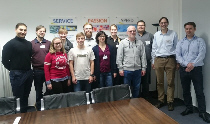
On November 23, 2018, an excursion to the Bielefeld site of the pharmaceutical company MextPharma gave us an insight into todays´s production technologies applied for the manufacture of pellet-type drug products. it was exciting for us to learn about the diversity of challenges being addressed when converting an APIs (API: active pharmaceutical ingredient) into such final drug products, thus underlining the importance of interdisciplinarity as competencies from different fields such as, e.g., chemistry, pharmacy and engineering, are needed. In addition, we also appreciate all the valuable information about the tasks of chemists at NextPharma, which have been of high interest for the members of our research group and participating chemistry students, respectively. We thank NextPharma very much for this unique opportunity to visit their Bielefeld site as well for their kind hospitality.
The photo was taken within our excursion to NextPharma.
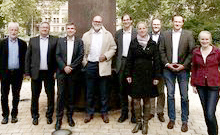
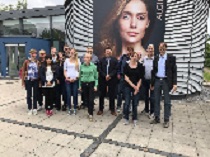
Very recently on June 11 and 12, 2018, two exciting excursions to the chemical companies STOCKMEIER GmbH & Co. KG and Dr. Kurt Wolff GmbH & Co. KG, both being located here in Bielefeld, gave us an insight into the industrial world of chemistry and the challenges related to the commercialization of chemical products and consumer goods, respectively. It was impressive to see the complexity of tasks being needed to develop and implement such novel products successfully to the market. Furthermore, interesting information about the "daily life of chemists" in an industrial environment was provided to the members of our research group and participating chemistry students, respectively. We are very grateful for having had these company visits and thank both companies, STOCKMEIER GmbH & Co. KG and Dr. Kurt Wolff GmbH & Co. KG, very much for these unique opportunities as well as for their kind hospitality.
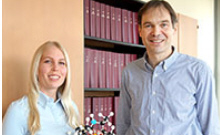
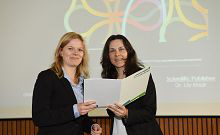
Jana Löwe won the molecular catalysis poster award for her poster entitled, "Replacing co-substrates by carbon dioxide, water and light: A novel perspective towards bulky amines" at the 1st Biocascades Symposium & 8th International Cebitec Research Conference 2018 (ICRC 2018).
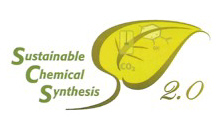
During a SusChemSys 2.0 meeting at the RWTH Aachen on the 6th of April, Alessa Hinzmann and Tobias Betke were awarded both with a Poster Award out of 25 different posters for their contributions to the meeting. The committee og the award consisted of several industrial partners within the SusChemSys 2.0 cluster, which encourages us to pursue our focus on the process development for biocatalysis even further in the future. Link to the SusChemSys 2.0 homepage: http://www.suschemsys.de

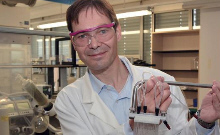
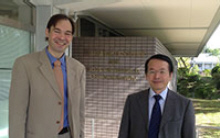
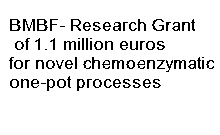
For their joint research on combining the two "worlds" chemo- and biocatalysis towards novel types of chemoenzymatic one-pot processes, the Federal Ministry for Education and Research (BMBF) supports the Hummel group (University of Düsseldorf) and Gröger group (Bielefeld University) with 1.1 million euros grant within the funding initiative "Next Generation of Biotechnology Precedures - Biotechnology 2020+".
